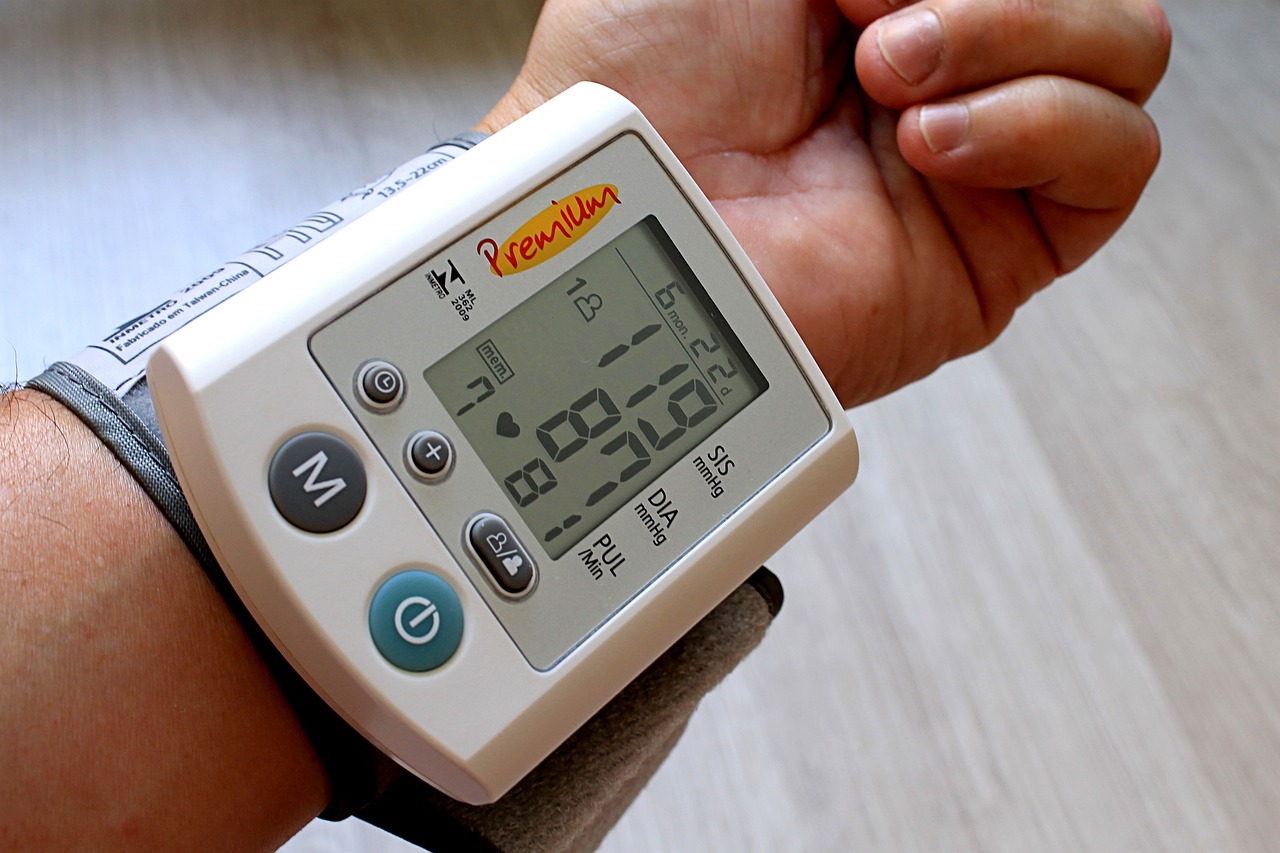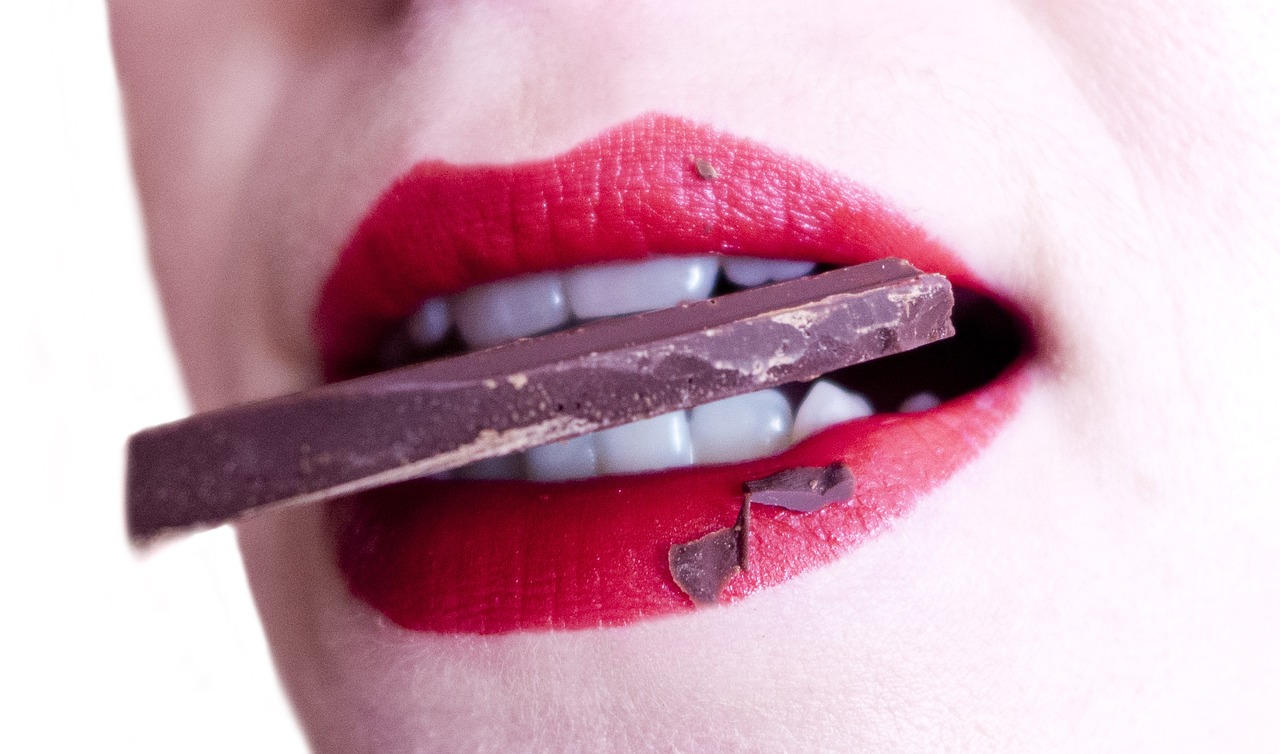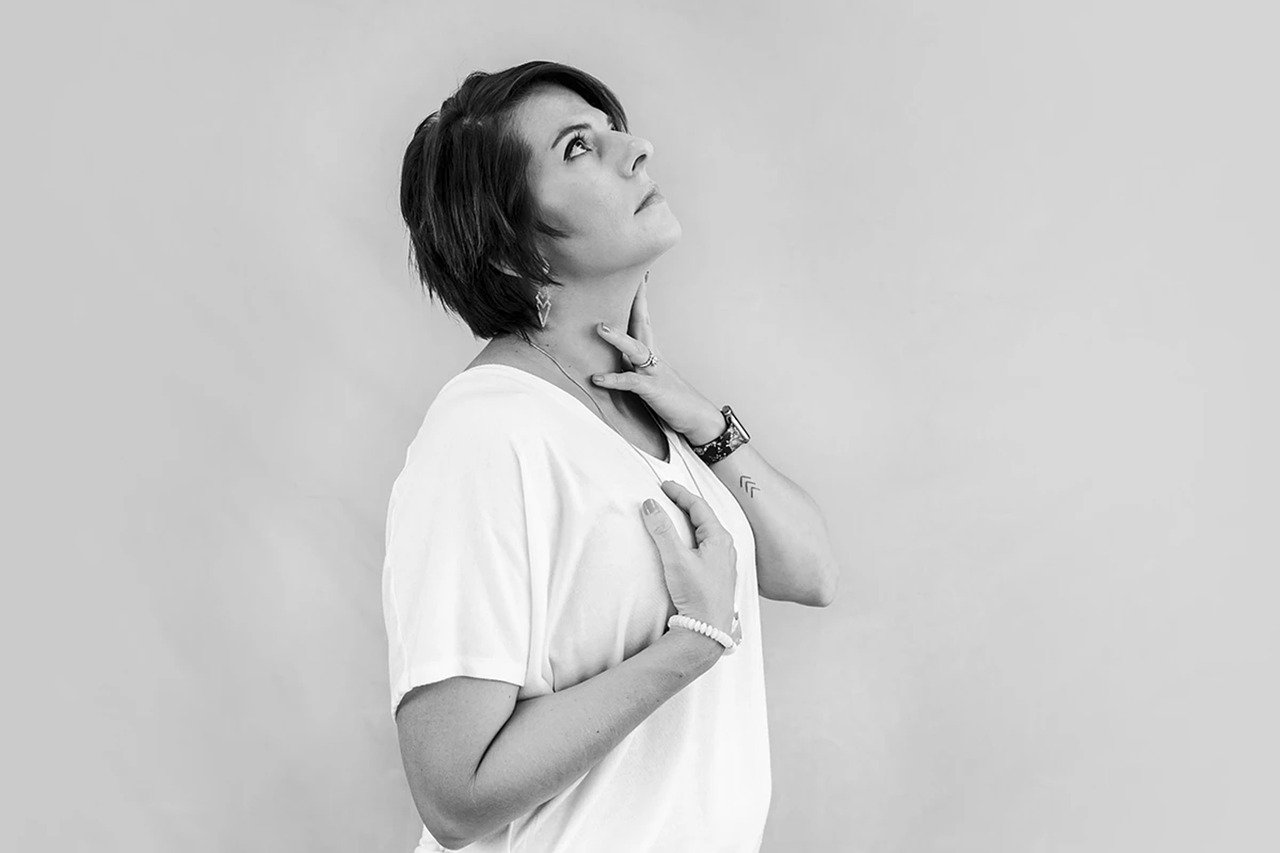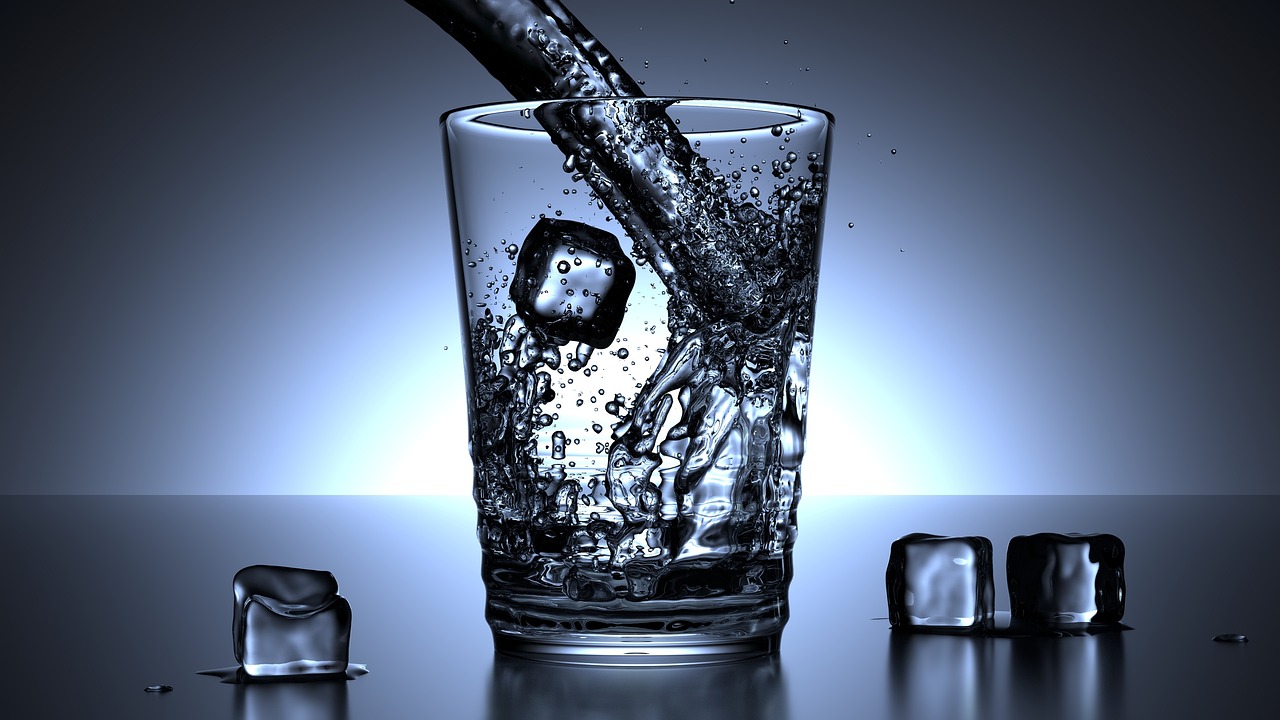While lower blood pressure provides cardiovascular protection, summer heat increases the risk of cardiovascular disease. In the Journal of Environment and Health, a “Case-crossover study of the relationship between daily maximum temperature and hospital emergency visits for cardiovascular disease” states that when the temperature exceeds 30°C, there is a 17.3% increase in the number of patients with cardiovascular disease for every 1°C increase in maximum temperature.
I、Blood pressure will be low in summer
The human blood pressure has with the seasonal fluctuation of the law, in the summer when the temperature rises, blood pressure tends to be lower than in winter. This is due to two reasons, one is because when the temperature rises, the surface of the body vasodilatation, will cause the blood pressure to decrease. The second is that the body sweats more, and a large amount of sodium ions are discharged with the sweat, which can also lead to a drop in blood pressure.
Therefore, people with high blood pressure should pay attention to monitoring blood pressure and adjusting antihypertensive drugs according to the fluctuation of blood pressure. If the blood pressure is lower than 110/60mmHg for more than two weeks, it is recommended to reduce the dosage of antihypertensive medication to avoid insufficient blood supply to vital organs such as the heart, brain and kidneys because of low blood pressure. Wait until the temperature turns cooler in the fall and winter seasons and the blood pressure rises, then resume the normal dosage of antihypertensive drugs.
II、Pay attention to reasonable supplemental water
The human body sweats more in summer and loses a lot of body fluids, shrinking blood volume. Although blood pressure will be reduced, excessive dehydration will cause increased blood viscosity, slowing the flow rate, potentially increasing the risk of clotting. Elderly people are not sensitive to the sensation of thirst, and untimely hydration will increase the risk of blood clots.
And a short period of time to rehydrate too quickly, will lead to a sudden increase in blood volume, will increase the burden on the heart, but also prone to cardiovascular risk, so a big mouth “cow drink” is not desirable. The correct way to hydrate is to drink slowly in small sips. It is recommended to replenish about 2,000 ml of water per day, divided into 10 portions, and drink a few sips every hour, and finish it within a day.
III、Regular work and rest to control emotions
Some studies have found that in the summer just the blood pressure during the day is lower, and the blood pressure at night has a tendency to increase. It may be that the long days and short nights and hot temperatures in summer affect sleep. And lack of sleep leads to sympathetic nerve activation, which accelerates the heart rate, vasoconstriction, and large fluctuations in blood pressure.
Hot temperatures can also make one’s mood irritable and irritable, which can also activate the sympathetic nervous system. Therefore, in summer, it is more important to maintain a regular routine and get enough sleep. If the temperature is too high, you can use air conditioning to cool down, but to control the temperature difference between indoor and outdoor within 5 ℃. If you use a fan, be careful to avoid direct blowing.
IV、Sleep late and get up late evening exercise
Summer dawn early, many elderly friends used to get up early to work out, in the morning at 3, 4 o’clock to get up to exercise. Hua Zi does not recommend the elderly morning exercise, because the human blood pressure has a natural rhythm, usually in the early morning to the highest, also known as the “morning peak blood pressure”, early in the morning is also the most prone to cardiovascular disease time period.
Exercise blood pressure will also rise, when superimposed with the “morning peak blood pressure”, will significantly increase the risk of cardiovascular disease. Therefore, the elderly are not recommended to get up too early to exercise, can be appropriate to sleep late and get up late. Do not exercise immediately after getting up, the temperature at noon and too hot, can be changed to 1 hour after dinner, exercise in the evening is more reasonable.
V、Ensuring balanced nutrition
The high temperature in summer will make people’s appetite deteriorate, the elderly should pay attention to a reasonable combination of diet, do not eat too little because of the heat. Otherwise, the body may not get enough nutrient supply, thus causing heart and nerve dysfunction, resulting in increased cardiovascular risk.
Fresh vegetables and fruits are in sufficient supply in summer, so you can eat more of them appropriately, reduce the intake of staple foods such as refined rice and flour, and then match them with lean meat, seafood, dairy products, beans, coarse grains and other foods.
People with digestive system diseases or heart disease are advised to avoid ice lollipops, ice-cream and other cold drinks. Too cold diet will not only stimulate the digestive tract, but also may cause irritation to the heart adjacent to the stomach, increasing the risk of cardiovascular disease.
To summarize, just because the body’s blood pressure decreases during the summer heat does not mean that cardiovascular risk also decreases. At maximum temperatures above 30°C, cardiovascular risk increases with warmer temperatures. It is important for older people to acquire relevant health knowledge to prevent cardiovascular risk.



